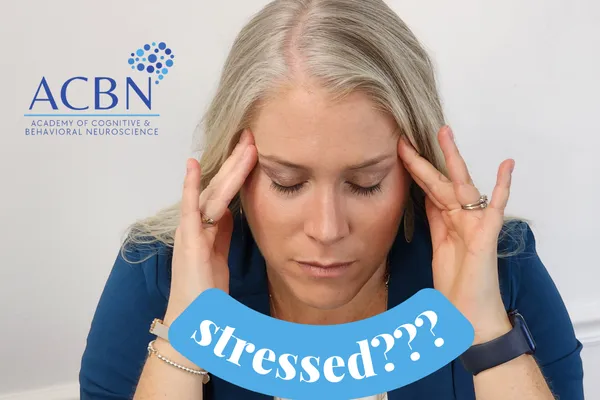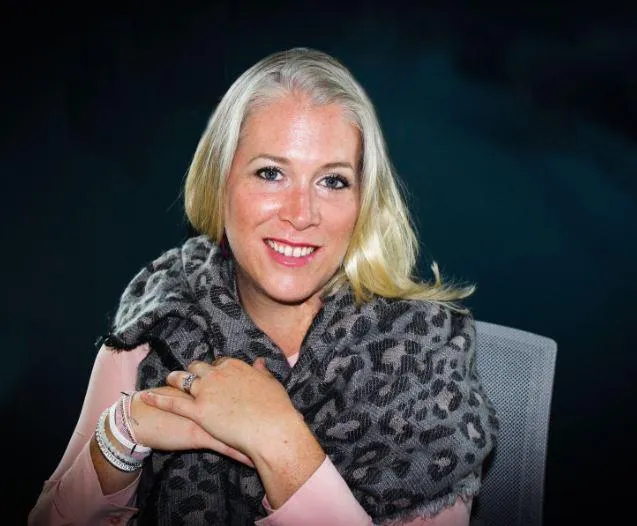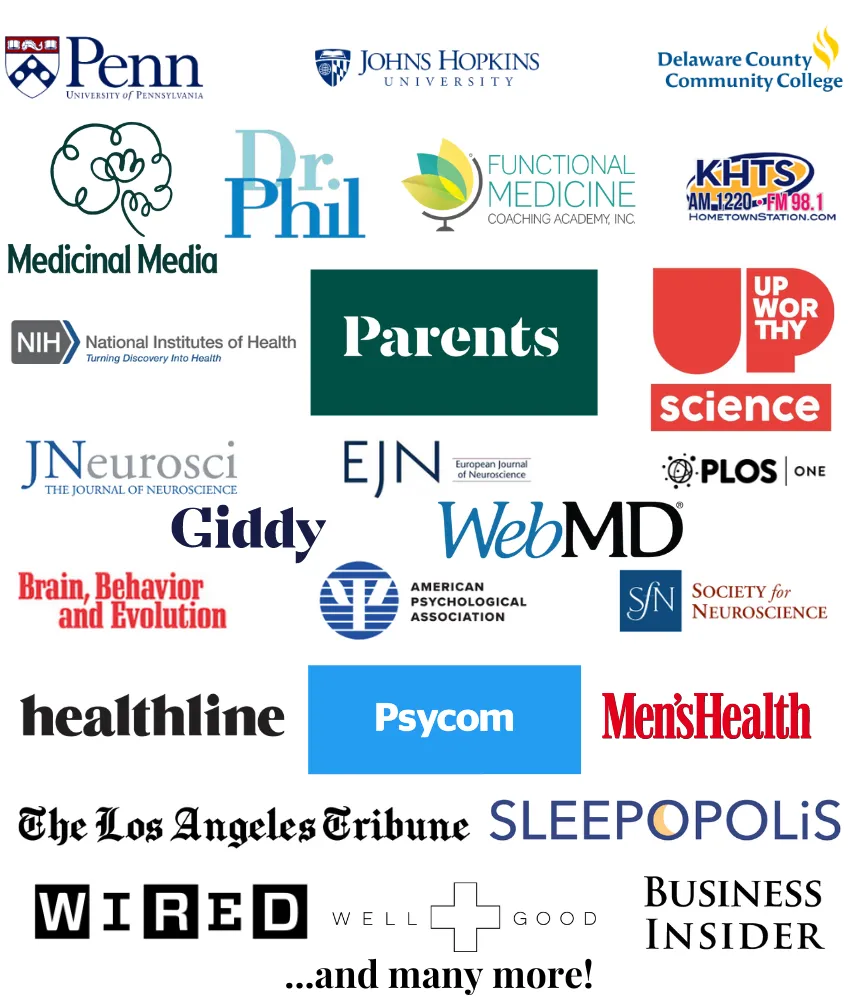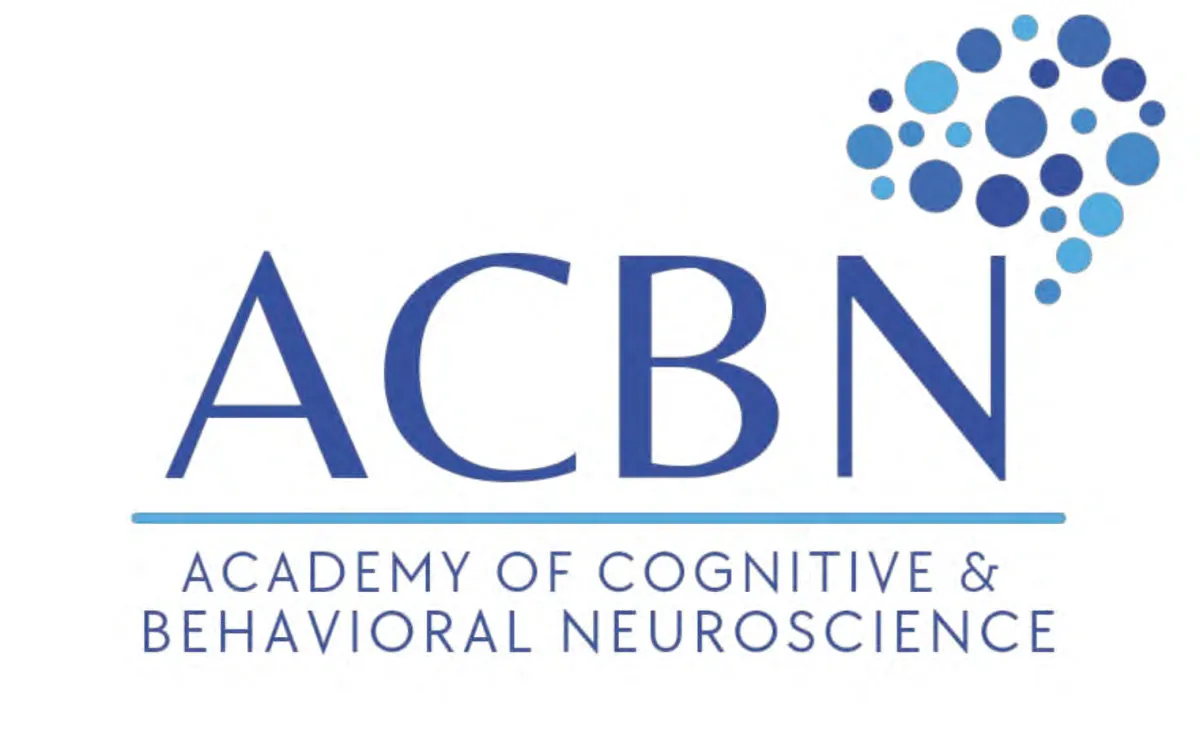
Welcome to Neuroscience Nuggets, your treasure trove of brain science knowledge designed to unlock the secrets of personal and professional growth! If you've ever been curious about the power of the brain and how it influences our thoughts, emotions, and behaviors, you're in the right place!!
Neuroscience, the captivating study of the brain and nervous system, offers a goldmine of insights to enrich our lives and those of our clients. At Neuroscience Nuggets, we're dedicated to making brain science approachable, exciting, and applicable in all aspects of your journey. Whether you're seeking to nurture your own well-being or enhance your professional practices, our nuggets of wisdom will equip you with practical tips, strategies, and evidence-based approaches to empower yourself and your clients.
Join us as we embark on an exhilarating adventure into the realm of neuroplasticity—the brain's remarkable ability to change and adapt. Together, we'll explore how harnessing neuroscience can lead to personal fulfillment, enrich your relationships, and supercharge your professional impact. So, grab your pickaxe and get ready to dig deep into the world of neuroscience nuggets. Let's unlock the untapped potential of the brain and unearth the pathways to personal and professional growth together. 🌱🌟

From Chaos to Clarity: How to Calm Overwhelm in a Stress-Filled World
I was recently interviewed by Kaitlin Ahern with Everyday Health for an upcoming story Stress-Busting Strategies Psychologists Use When They Feel Overwhelmed, so be on the lookout for the article once it's published (I'll add the link here once it's available). In the meantime, here are my thoughts regarding this important issue.
Why Overwhelm Feels So Intense Right Now
Between constant breaking news, political debates filling our feeds, and the everyday pressure of managing careers, households, and family obligations, it’s no wonder so many of us feel like we’re running on empty. If you’ve ever been on a work call while mentally calculating whether you’ll make it to your child’s soccer game on time, you know the mental tug-of-war that fuels overwhelm.
But overwhelm isn’t just emotional. It’s biological. When stress builds, deep brain structures, like the amygdala (our alarm system) and the locus coeruleus (which heightens alertness), go into overdrive. This floods the body with cortisol and adrenaline. In small bursts, that’s useful as it sharpens focus and primes us for action. But when stress becomes chronic, it starts wearing down the hippocampus, a structure critical for memory and learning. Over time, stress can dysregulate sleep, weaken immunity, and even reduce brain volume.
The takeaway? If we don’t interrupt this cycle, stress hijacks both body and mind.
How Stress Affects the Brain’s Growth and Flexibility
Here’s where the science gets hopeful. The brain is remarkably adaptable thanks to neuroplasticity; its ability to rewire and strengthen pathways in response to repeated experiences. One key player is BDNF (brain-derived neurotrophic factor), sometimes called “fertilizer for the brain.” BDNF supports neuron survival, encourages new connections, and protects against the harmful effects of chronic stress.
Movement, mindfulness, and even short stress-relief practices boost BDNF, which means the small things you do daily to manage stress don’t just feel good...they literally help your brain grow stronger and more resilient.
Practical Stress-Busting Strategies
When overwhelm hits, here are science-backed strategies you can try right away:
1. Cognitive Offloading
Write down the swirl of thoughts in your head. Offloading them onto paper frees up working memory and makes problems feel more manageable.
2. Move Your Body
A 10-minute walk outdoors is enough to shift your physiology, increase BDNF, and reset your prefrontal cortex (the part of the brain that helps with focus and decision-making).
3. Grounding Exercises
Try the “5-4-3-2-1” method: name five things you see, four you touch, three you hear, two you smell, and one you taste. It’s a fast way to bring the nervous system back into the present.
4. One Task at a Time
Multitasking isn’t real - your brain is simply switching between tasks, burning energy and increasing fatigue. Instead, work in focused 20–25 minute blocks, followed by a short break.
5. Boundaries and Delegation
Protect your bandwidth by being specific: instead of “I can’t,” say “I can revisit this Friday.” And remember: delegating isn’t shirking responsibility; it’s redistributing effort so your brain can focus on what matters most.
6. Relaxation Practices
Box breathing: Inhale 4, hold 4, exhale 4, hold 4 (repeat four rounds). This signals safety to your nervous system.
Progressive muscle relaxation: Tense and release muscle groups to reduce stored physical tension.
7. Scheduled Worry Time
Reserve 15 minutes in the evening to write down your worries. During the day, remind yourself: “I’ll save that for worry time.” This prevents rumination from dominating your mental space.
8. Micro-Recovery Moments
Take two minutes to stretch, step outside for sunlight, or jot down a gratitude note. These small resets add up and help train your brain to rebound faster.
Building Long-Term Resilience
Overwhelm is inevitable in today’s world, but it doesn’t have to control you. By leaning into tools that boost BDNF and harness neuroplasticity, you can train your brain to respond to stress more effectively over time. The more you practice, the more resilient your nervous system becomes.
If you want to dive deeper, my Stress and the Brain course explains exactly how stress impacts brain circuits and provides practical strategies to rewire your response. And for professionals—coaches, therapists, wellness leaders, or business owners—who want to integrate neuroscience into their work, our Certification in Cognitive and Behavioral Neuroscience takes your expertise to the next level.
Final Thought
Stress is part of being human. But when you understand how your brain works—and practice small, science-backed habits—you’re no longer at the mercy of overwhelm. Instead, you build clarity, presence, and resilience in the middle of life’s chaos.
Want to learn more about how to optimize your or your client's cognitive performance and stress resiliency?
🔹 Book a discovery call for individual consultations
🔹 Invite me to speak at your next wellness, leadership, or mental performance event
🔹 Or better yet—enroll in our one-of-a-kind Certification Programs in Cognitive and Behavioral Neuroscience at The Academy of Cognitive and Behavioral Neuroscience
We’ll help you help your clients go from distracted and drained to focused and thriving—with neuroscience as your guide.

Meet Your Blogger
Dr. Hayley Nelson earned her PhD in Psychological and Brain Sciences from The Johns Hopkins University, is a tenured professor of Psychology in the Philadelphia area, and is an international speaker. She has over 20 years of teaching experience with students from diverse backgrounds, has several peer-reviewed research publications and previous research and faculty appointments with The National Institutes of Health, The Johns Hopkins University, and The University of Pennsylvania.
If the idea of learning about the brain and neuroscience feels overwhelming and intimidating, Dr. Hayley is the perfect neuroscientist for you. She's a busy mom of 2 with a great sense of humor, and she prioritizes bringing some fun and compassion to a field that can feel a little "hardcore". You can expect lots of real world experiences and examples and an open, caring learning environment where there are no stupid questions. Listening to one of Dr. Hayley's discussions feels more like a conversation with a family member (a really smart family member).
By creating the Academy of Cognitive and Behavioral Neuroscience, Dr. Hayley Nelson combined her knowledge of the human mind and brain health with her passion for education, teaching, and consulting to truly make neuroscience approachable. Her students learn easy-to-swallow knowledge of how the brain works in real-life situations and are armed with an education in a subject they can use literally every single day. Not only that, they gain the power to serve their clients better and create an environment for their communities to thrive.
Dr. Hayley's Featured Contributions, Publications, and
Faculty & Research Appointments

With a Certification in Cognitive & Behavioral Neuroscience, you will gain the confidence to speak with authority about HOW & WHY what you teach your clients actually works.
Neuroscience feels intimidating, and perhaps you've always thought that you're not positioned to be an authority on the science behind what's happening in your client's brain. Dr. Hayley Nelson founded the Academy of Cognitive & Behavioral Neuroscience, and she designed this Certificate Program with one goal in mind:
To make neuroscience approachable for professionals who want to distinguish themselves from others in their field with a unique and comprehensive understanding of the latest research and innovative techniques in neuroscience, and earn a highly respected certification in cognitive and behavioral neuroscience that sets them apart as a true expert in their field.
After completion of the certificate, students will uncover a newfound sense of confidence and neuroscience knowledge, will stand out in their industry by offering something unique to their clients, gain credibility, better serve their existing clients, and be positioned to take on more clients best suited for their programs.
Have questions about the Certification Programs from Dr. Hayley and
The Academy of Cognitive and Behavioral Neuroscience (ACBN)?
Want to book a 1-on-1 Office Hour consultation with Dr. Hayley?
Want to See What it's Like to Learn from Dr. Hayley?
Want to Stay in the Loop with Dr. Hayley and ACBN?
Connect directly with Dr. Hayley!
Click the blue chat bubble in the right-hand corner of the screen to get in touch with me, or connect with me on social media.





